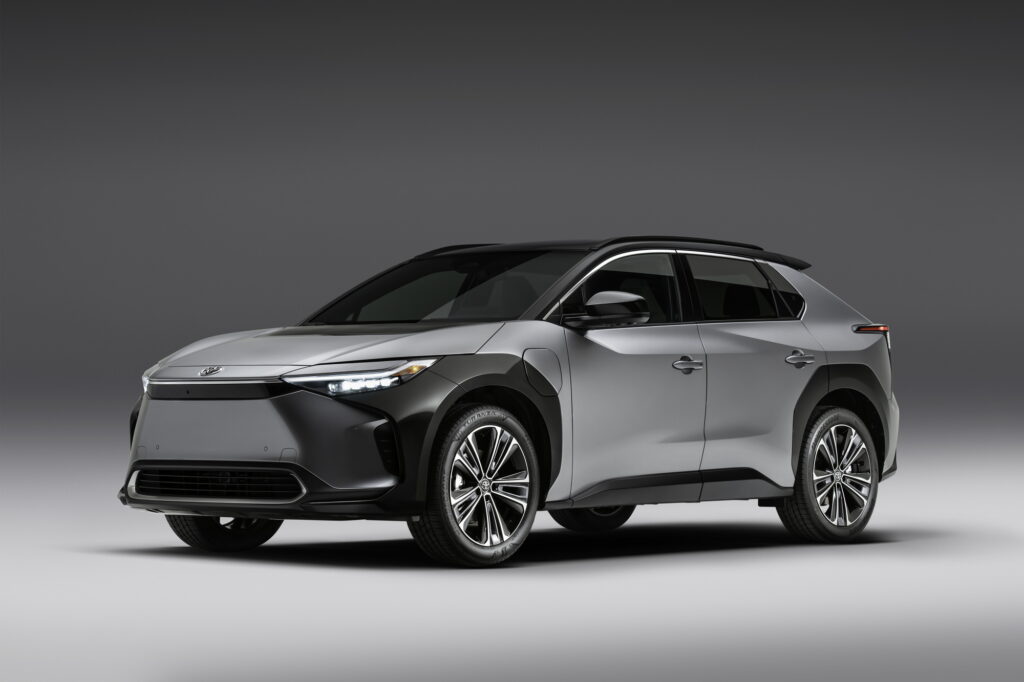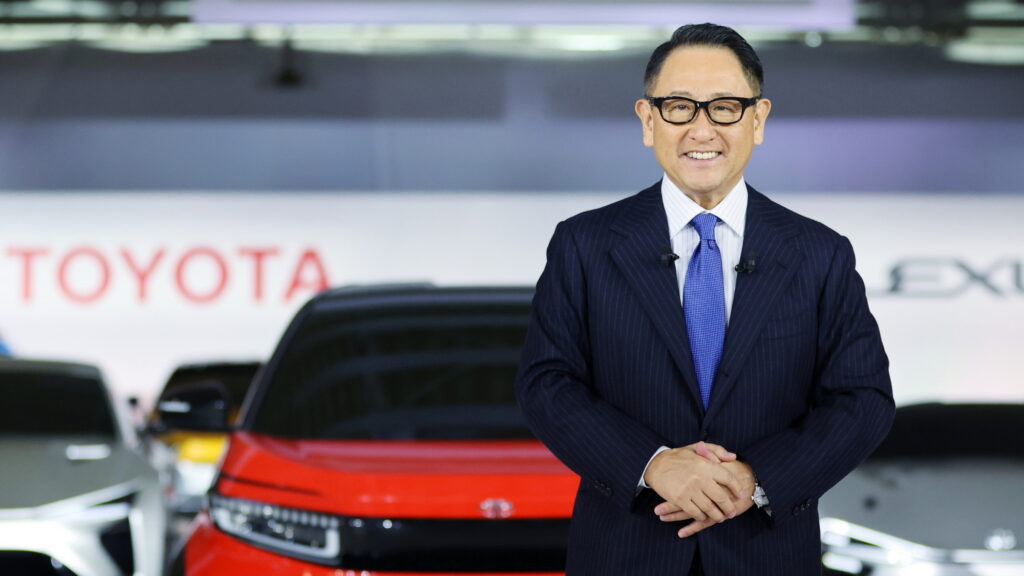Toyota’s shareholders have voted to back Akio Toyoda as the chairman of the board and rejected a proposal demanding greater transparency in its lobbying efforts. The results are big wins for Toyota, which faced pressure from a contingent of its major investors.
The climate resolution was the first shareholder proposal made before Toyota‘s annual general meeting in almost 20 years. They point to anxieties about the automaker’s environmental and technological position, as well as its leadership.
The two measures were related to Toyota’s resistance to electric vehicles. The Japanese behemoth has been slower than many of its competitors to dive into the growing market for electric vehicles.
Read: Why U.S. Pensions Funds Vote Against Re-election Of Toyota Chairman Akio Toyoda

Although the recommendation to vote against Toyoda’s chairmanship was nominally related to the lack of board independence, most believe that it had more to do with his EV skepticism.
While Toyota continues to argue that electric vehicles aren’t the only path to a carbon-neutral future, its lobbying efforts suggest a more complex position. In 2020, the automaker was among the largest contributors to American congress members who objected to certifying the 2020 election and who—by and large—are climate skeptics.
These lobbying efforts and more prompted (among others) the Danish pension fund AkademikerPension, to push the automaker to be more transparent about its political activities. However, the resolution was expected to fail after Toyota’s board recommended that shareholders vote against it, reports Reuters.
Meanwhile, Toyoda enjoys general support from the Japanese people, Tadashi Imai, an individual shareholder, said. The grandson of Toyota’s founder, he was re-elected to the position of chairman last year with 96 percent support.
Under its new CEO, Koji Sato, the company has announced a range of EV promises, including the development of solid-state batteries by the end of the decade. It has also announced that it will produce a range of EVs in the near future, and will introduce production measures that will bring it more in line with other automakers.





